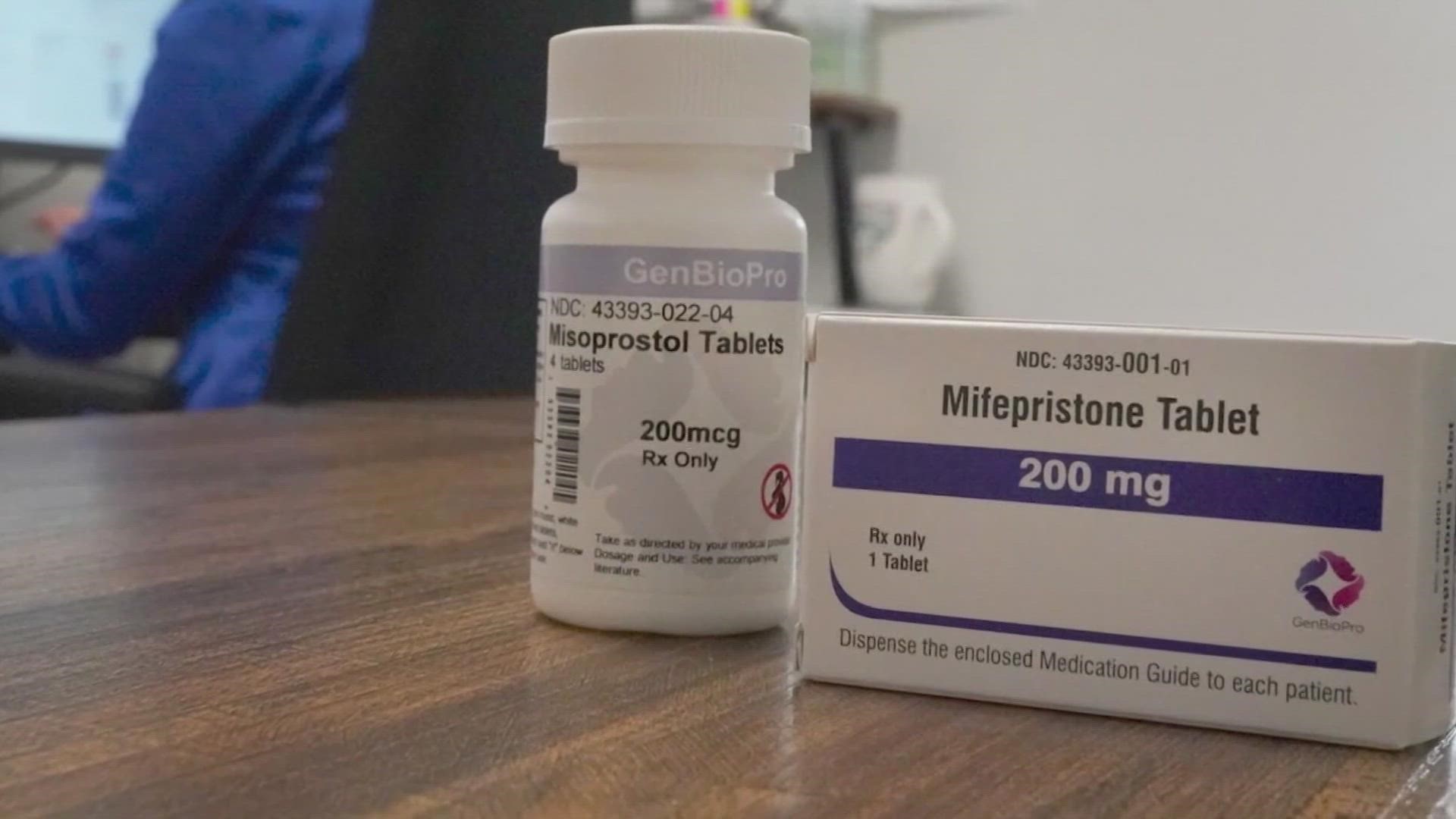ALABAMA, USA — People in Alabama who use abortion pills to end pregnancies can be prosecuted by the state, even if those pills were prescribed remotely from somewhere else in the country, said state Attorney General Steve Marshall.
The statement comes shortly after the federal government made it easier to prescribe the pills mifepristone and misoprostol — used for medical abortions — amid a larger battle over abortion rights. Alabama is among 18 states that have issued new abortion restrictions since the Supreme Court's decision to reverse Roe V. Wade.
While the state's ban on abortion — which targets providers — says people who have an abortion cannot be held criminally liable, Marshall suggested the state could instead prosecute under a 2006 law.
"The Human Life Protection Act targets abortion providers, exempting women 'upon whom an abortion is performed or attempted to be performed' from liability under the law," Marshall said in a statement to CBS News. "It does not provide an across-the-board exemption from all criminal laws, including the chemical-endangerment law."
The state's chemical-endagerment law, criminalizes anyone who "knowingly, recklessly or intentionally causes or permits a child to be exposed to, to ingest or inhale, or to have contact with a controlled substance, chemical substance, or drug paraphernalia."
In 2013, the Alabama Supreme Court has ruled that the law, which was first introduced to protect children from exposure to illicit drugs, protected unborn children.
The federal government last week formally eased restrictions on abortion pills, allowing people to get a prescription through a telehealth consultation with a health professional, then either pick up the medications at a brick-and-mortar store or receive them through the mail where permitted by law, reversing years of FDA requirements that the pills be dispensed at specialty offices and clinics.
Marshall, who has previously called Alabama the "protector of unborn life," said in Wednesday's statement that "promoting the remote prescription and administration of abortion pills endangers both women and unborn children."
"Elective abortion — including abortion pills — is illegal in Alabama. Nothing about the Justice Department's guidance changes that. Anyone who remotely prescribes abortion pills in Alabama does so at their own peril: I will vigorously enforce Alabama law to protect unborn life," Marshall's statement said.
Mifepristone and misoprostol are used in about half of all abortions in the U.S., but can also treat ailments like ulcers. The Justice Department, citing the pills' other uses, said in a 21-page opinion that the pills can be mailed anywhere in the country.

